1. Starbucks

Starbucks is almost synonymous with coffee culture in the U.S., but plenty of people complain about the prices. It feels like ordering a latte can empty your wallet faster than a trip to a fine dining restaurant. Yet, we still line up outside every morning like caffeine pilgrims. It’s almost a badge of honor to show off a fancy, custom drink on social media.
The other side of Starbucks criticism revolves around its corporate vibe. Some folks gripe about the chain feeling too “generic” or not supporting local coffee shops. The long lines and inconsistent barista skills also spark complaints. Despite that, Starbucks keeps a loyal fanbase because, well, where else will you get a venti caramel macchiato with oat milk at 8 a.m.?
2. Amazon
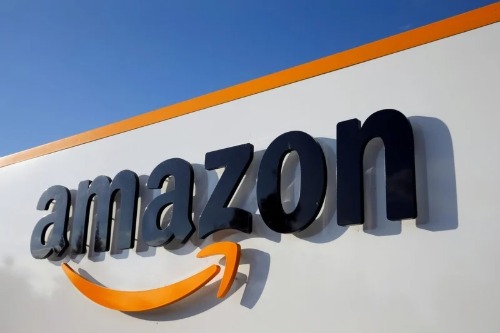
Amazon is convenient—there’s no denying that—but it comes with baggage. Critics highlight its labor practices, environmental impact, and dominance over small businesses. People complain about slow deliveries, mix-ups, or damaged packages, yet still hit “buy now” without hesitation. Prime Day might even feel like a shopping holiday designed to exploit these contradictions.
Shoppers also grumble about the endless product reviews and sometimes questionable quality control. There’s a sense of guilty convenience, like using a powerful tool you know is problematic. Still, the speed and ease of Amazon are hard to beat. That’s why, even in the midst of criticism, Americans keep filling their carts.
3. Apple
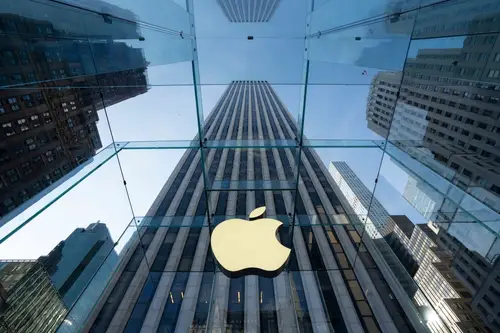
Apple is adored for its sleek designs, but it’s also a frequent target for criticism. High prices, proprietary charging cables, and planned obsolescence are all commonly mocked. People joke about being trapped in the “Apple ecosystem,” yet they upgrade every year. There’s also a cult-like culture around new iPhone releases, complete with lines around the block.
Some people resent the tech giant’s approach to innovation, feeling it’s more hype than substance. The environmental footprint of constant device upgrades also sparks debate. Critics argue you’re paying more for style than function. Still, the social status of owning Apple gear keeps the devotion alive.
4. Walmart
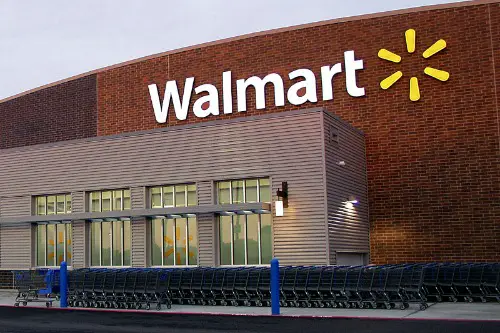
Walmart is America’s go-to for low prices, but the chain has plenty of detractors. Shoppers grumble about overcrowded stores, chaotic layouts, and sometimes poor-quality products. There’s also criticism over labor practices and the impact on local businesses. Yet, despite these complaints, Walmart remains a staple for budget-conscious Americans.
Many people joke about the “Walmart experience,” sharing funny or chaotic encounters online. The sheer convenience of one-stop shopping outweighs the negatives for most. Even when they complain, people still find themselves there every week. It’s a love-hate relationship that seems almost universal.
5. McDonald’s

McDonald’s is iconic, yet Americans constantly criticize it for health concerns. The menu is often described as unhealthy, greasy, or overly processed. Lines are long, especially during lunch or late-night cravings. Despite this, McDonald’s remains a go-to comfort food spot for generations.
People also poke fun at inconsistent service and occasional mistakes with orders. The chain’s aggressive marketing towards children has also drawn scrutiny. Still, there’s nostalgia attached to Big Macs and Happy Meals. It’s one of those brands people claim to mock while secretly indulging regularly.
6. Netflix

Netflix changed the way we watch TV, but it’s not immune to criticism. Viewers complain about subscription price hikes, content overload, and confusing menus. Some shows feel rushed or formulaic, yet people binge-watch anyway. Social media debates over canceling beloved series are practically a national pastime.
The algorithm is also a frequent topic of frustration. Suggestions can feel eerily off or repetitive, making users question the service’s intelligence. Still, the convenience of on-demand streaming keeps people hooked. Americans grumble but rarely go a week without logging in.
7. TikTok
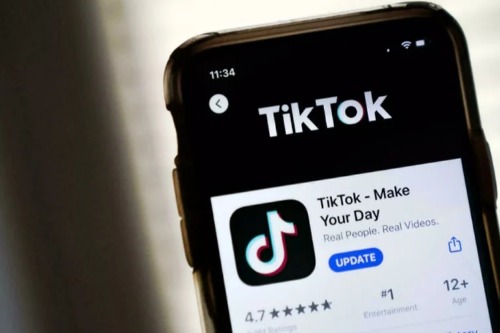
TikTok is wildly popular, but plenty of users express skepticism. The app’s addictive nature, data privacy concerns, and viral trends are often criticized. Adults, in particular, love to make fun of teens dancing, yet they scroll endlessly themselves. There’s also the constant fear of wasting hours lost in short videos.
Many joke about the weirdness of TikTok challenges or cringe content. Even so, it shapes music, fashion, and memes in real time. The platform’s cultural influence is undeniable, which makes criticism almost part of its charm. Despite the jokes, engagement numbers prove Americans aren’t going anywhere.
8. Disney
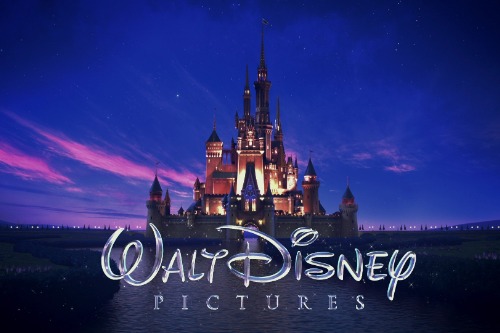
Disney is a magical empire, but not everyone is thrilled about it. Ticket prices, long lines, and the commercialization of beloved characters spark complaints. There’s also critique about corporate decisions and storytelling choices. Still, families flock to the parks and merchandise, often despite grumbling.
The nostalgia factor keeps the brand alive, even among adults who remember Saturday morning cartoons. Fans might joke about Disney movies being formulaic or overly saccharine. The parks are expensive, but the experience is hard to replicate elsewhere. People criticize, yet somehow, they’re always planning the next trip.
9. Nike
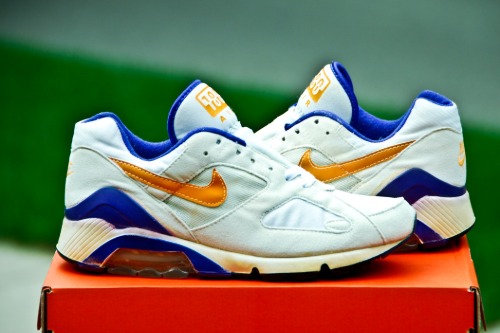
Nike is admired for style and athletic performance, but criticism follows closely. Complaints include high prices, alleged labor issues overseas, and perceived over-commercialization. Some people also joke about the obsession with “just do it” culture. Despite critiques, Americans love sporting the swoosh everywhere, from sneakers to workout gear.
The hype around collaborations and limited editions drives both devotion and frustration. Collectors often camp out or pay exorbitant resale prices. Even casual shoppers feel pressure to stay “on brand.” Nike thrives on this paradox of admiration and critique.
10. Chick-fil-A
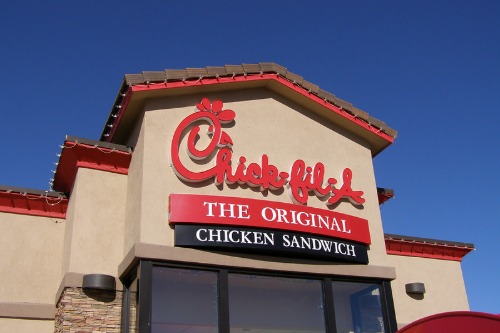
Chick-fil-A is famous for chicken sandwiches, yet it’s also controversial. Many Americans critique its political and social stances, which sparks debate online and in communities. Still, the taste keeps people coming back despite ethical qualms. Lines out the door during lunch hours are a common sight.
Fans praise the service, consistency, and flavor, which often outweighs criticism. Social media amplifies both love and outrage around the chain. The paradox is clear: people eat there while simultaneously mocking or debating it. Chick-fil-A’s popularity remains stubbornly strong.
11. Facebook

Facebook remains one of the most used social media platforms, but it’s also heavily criticized. Concerns range from privacy violations to spreading misinformation and algorithm manipulation. Users joke about the platform being outdated or full of drama. Yet, many still log in daily to check updates, groups, or events.
People gripe about constant notifications and the “doomscrolling” effect. Despite that, Facebook serves as a hub for family, community, and hobby groups. Its utility keeps people invested even while they complain. Americans love to criticize the platform while relying on it.
12. Coca-Cola
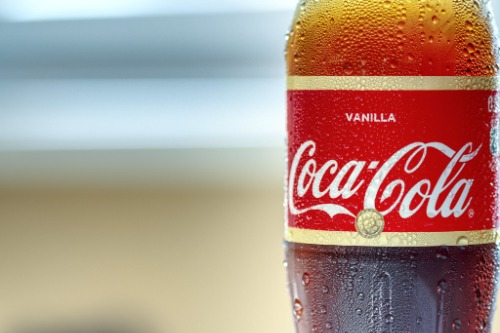
Coca-Cola is a household name, yet people love to mock it. Critics cite sugar content, health concerns, and sometimes the artificial taste. Advertising campaigns are seen as over-the-top, yet they’re iconic enough to stay memorable. Americans continue sipping it, especially during holidays or fast food meals.
The brand’s global presence creates both admiration and envy. Limited editions and seasonal flavors fuel both hype and jokes. While some people claim to avoid it, Coke remains a beverage default in many households. It’s hard to resist the fizzy allure despite the complaints.
13. Target

Target is beloved, but it’s not immune to criticism. Shoppers comment on crowded stores, product shortages, or confusing layouts. Prices are higher than Walmart, which sparks grumbling among budget shoppers. Still, the experience is curated and stylish enough to keep people coming back.
People praise the brand for trendy items and seasonal collections. The aesthetic appeal of Target’s home goods and clothing is unmatched in many regions. Social media memes joking about “Target runs” highlight both love and ridicule. Fans return, often rolling their eyes at the same quirks they mock.
14. Google
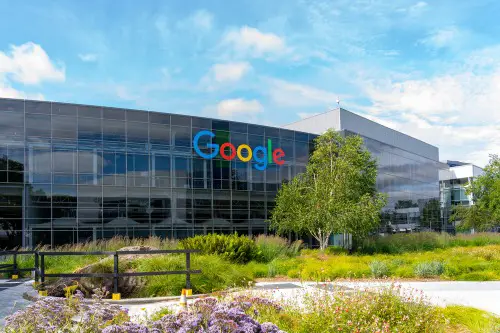
Google is indispensable, but it faces scrutiny on multiple fronts. Privacy concerns, search algorithm biases, and ad dominance frequently make headlines. People joke about being “Google slaves,” yet rely on it for work, school, and personal life. Despite the critique, it’s nearly impossible to navigate modern life without it.
The convenience of instant answers outweighs the downsides for most users. Even when people grumble about inaccurate results or data tracking, they continue using it daily. Google is both loved and quietly questioned. It’s a paradoxical dependence that defines the tech era.
This post 14 Companies Americans Pretend to Love—but Secretly Criticize was first published on American Charm.


